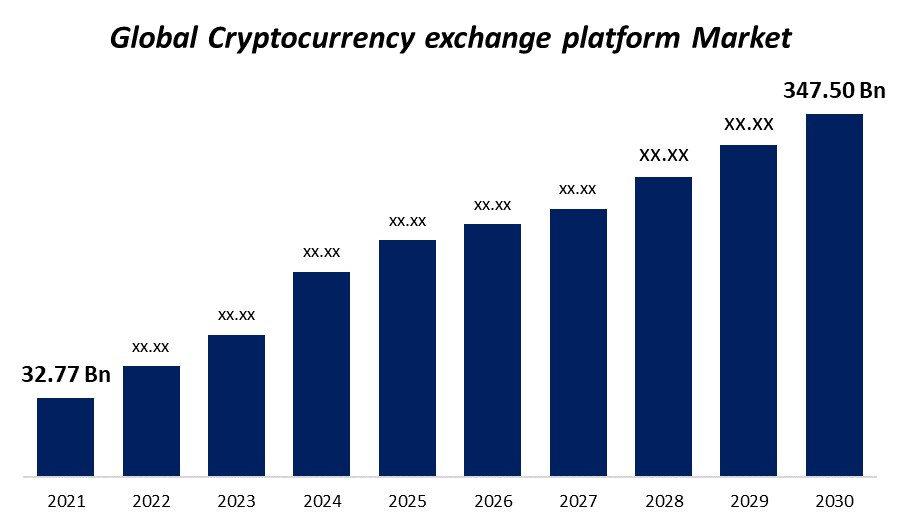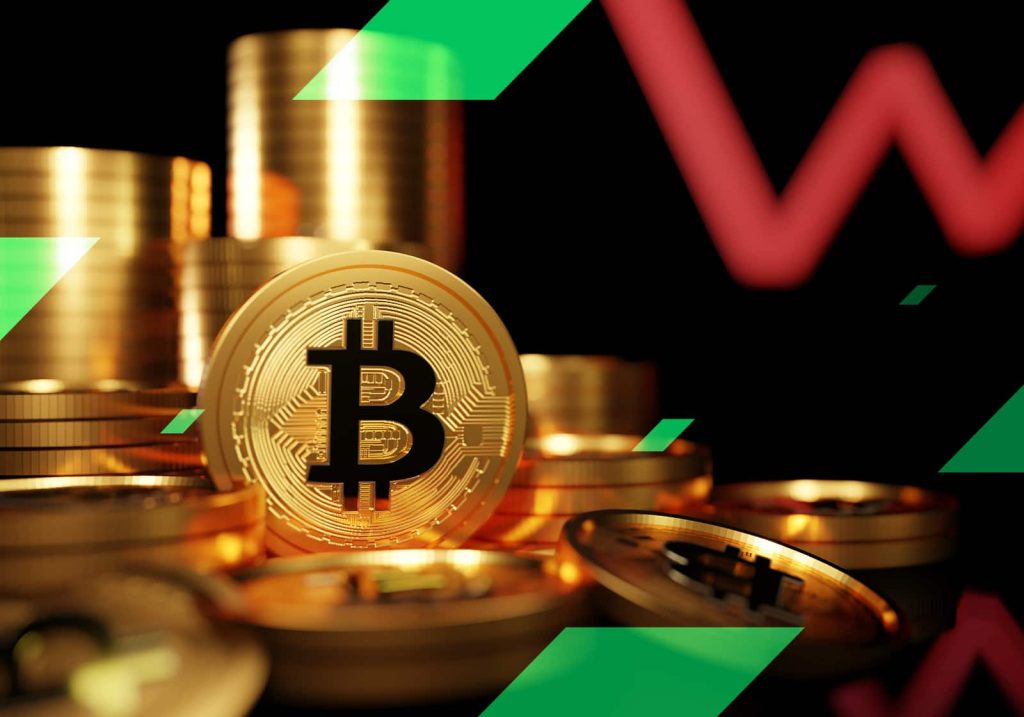AUTHOR- ELIZA FERNZ
DATE-28/8/2024
INTRODUCTION
In recent years, India has emerged as a major player in the global cryptocurrency landscape. The country’s dynamic regulatory environment(1), coupled with a tech-savvy population, has fostered a burgeoning ecosystem for digital currencies and blockchain technology. This blog explores the current state of cryptocurrency services in India, the challenges faced by businesses and users, and what the future might hold.

The Rise of Cryptocurrency in India
Cryptocurrency adoption in India began gaining traction around 2017, with Bitcoin and Ethereum leading the charge. This interest was driven by a mix of speculative investment, technological curiosity(2), and the potential for decentralized financial systems. As the market grew, so did the number of services catering to crypto enthusiasts(3) and investors. Exchanges, wallet providers, and blockchain startups began to establish a foothold in the Indian market.

Key Developments:
- Regulatory Milestones: The Indian government’s stance on cryptocurrency has seen significant shifts. In 2018, the Reserve Bank of India (RBI) imposed a banking ban on crypto transactions, which was overturned by the Supreme Court in 2020. Since then, there has been ongoing debate about regulatory(4) frameworks, with the government considering various approaches to balance innovation with investor protection.
- Growth of Exchanges and Platforms: Indian cryptocurrency[5] exchanges like WazirX, CoinDCX, and ZebPay have become prominent players, providing users with platforms to buy, sell, and trade various digital assets. These platforms have been instrumental in driving mainstream adoption by offering user-friendly interfaces and local language support.
- Increased Awareness and Education: The rise of educational initiatives and awareness campaigns has played a crucial role in demystifying cryptocurrency for the general public. Various online courses, webinars, and informational blogs have helped educate users about blockchain technology, investment strategies, and the risks involved.

Current Cryptocurrency Services in India
The landscape of cryptocurrency services in India is diverse and rapidly evolving. Here’s a look at the key types of services available:
- Cryptocurrency Exchanges: These platforms facilitate the buying, selling, and trading of cryptocurrencies. Major exchanges like Binance India (formerly WazirX), CoinSwitch Kuber, and Koinex offer a wide range of digital assets and trading pairs.
- Wallet Services: Cryptocurrency wallets are essential for storing digital assets securely. Indian startups like Unocoin and Bitbns provide wallet services that cater to both beginner and experienced users, offering features such as multi-currency support and enhanced security.
- Payment Gateways: Some companies are working on integrating cryptocurrency payments into everyday transactions. This includes services that allow businesses to accept crypto payments for goods and services, helping bridge the gap between traditional finance and the digital currency world.
- Investment Platforms: With the rise of decentralized finance (DeFi), new investment platforms are emerging. These platforms offer opportunities for yield farming, staking, and other investment strategies that were once the domain of traditional finance.
- Regulatory Compliance and Legal Services: As regulatory frameworks evolve, legal and compliance services are becoming increasingly important. These services help businesses navigate the complex legal landscape of cryptocurrency and ensure adherence to regulations.
Challenges Facing Cryptocurrency Services in India
Despite the growth and potential, cryptocurrency services in India face several challenges:
- Regulatory Uncertainty: The fluctuating regulatory environment creates uncertainty for businesses and investors. Clear and consistent regulations are needed to foster growth while protecting users.
- Security Concerns: Cryptocurrency platforms are often targeted by hackers and fraudsters. Ensuring robust security measures and educating users about safe practices is crucial for maintaining trust.
- Lack of Infrastructure: The integration of cryptocurrency with traditional financial systems remains a challenge. Issues such as the lack of fiat on-ramps and payment integration can hinder broader adoption.
- Volatility and speculation: The inherent volatility of cryptocurrencies can lead to speculative behavior, which may pose risks for investors. Providing education and tools for responsible investing is essential.
The Future of Cryptocurrency Services in India
Looking ahead, the future of cryptocurrency services in India holds several exciting possibilities:
- Regulatory Clarity: It’s anticipated that the Indian government will eventually establish a clear regulatory framework for cryptocurrencies, which could provide stability and encourage further investment and innovation.
- Mainstream Adoption: As awareness grows and technological advancements continue, cryptocurrencies and blockchain technology may become more integrated into daily life and traditional financial systems.
- Technological Innovations: Advances in blockchain technology and decentralized applications (dApps) could lead to new use cases and services, transforming industries beyond finance, such as supply chain management, healthcare, and voting systems.
- Increased Institutional Participation: With regulatory clarity and growing acceptance, institutional investors and large corporations may increasingly enter the crypto space, bringing more legitimacy and stability to the market.
Conclusion
Cryptocurrency services in India are evolving rapidly, driven by a combination of technological innovation and regulatory shifts. While challenges remain, the potential for growth and transformation is immense. By addressing regulatory concerns, enhancing security, and fostering education, the Indian cryptocurrency ecosystem can continue to thrive and contribute to the global digital economy.
FAQ’S
1. What is cryptocurrency?
Cryptocurrency is a digital or virtual form of currency that uses cryptography for security. It operates on a decentralized network based on blockchain technology, which ensures transparency and prevents tampering with transaction records.
2. How can I buy cryptocurrency in India?
You can buy cryptocurrency in India through various platforms, including cryptocurrency exchanges like WazirX, CoinDCX, and ZebPay. You’ll need to create an account, complete identity verification, and link a payment method to deposit funds and purchase cryptocurrencies.
3. Is cryptocurrency legal in India?
As of now, cryptocurrency itself is not illegal in India. However, regulatory policies are still evolving. The Supreme Court overturned a banking ban imposed by the Reserve Bank of India (RBI) in 2020, but the government is considering new regulations to address concerns related to digital currencies.

